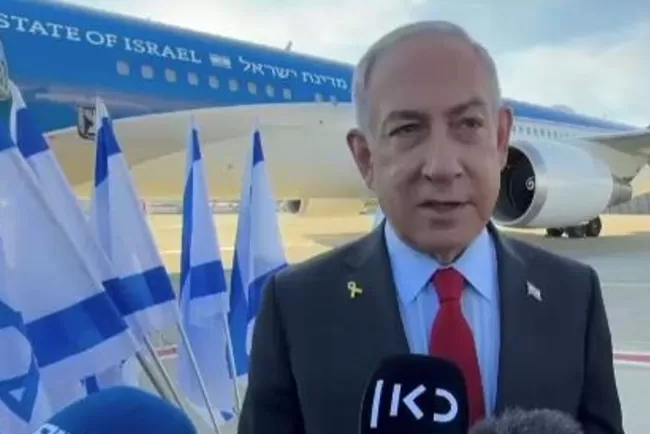US-Iran Nuclear Talks: Sanctions and Delays Raise Tensions
The United States anticipates new nuclear talks with Iran, but sanctions imposed by Donald Trump complicate the negotiations. How will this affect global relations?
The prospect of renewed nuclear talks between the United States and Iran is clouded by the enforcement of stringent sanctions and escalating tensions. As diplomatic efforts are underway, former President Donald Trump has reiterated his stance on Iranian oil and petrochemical products, vowing to impose secondary sanctions on any country or individual engaging in trade with Iran. This article explores the current state of negotiations, the implications of sanctions, and the broader geopolitical landscape surrounding the US-Iran relationship.
Sanctions Tighten Amid Negotiation Efforts
In a recent statement, Trump announced on his Truth Social platform that all purchases of Iranian oil and petrochemicals must cease immediately. This announcement aligns with the US government’s recent sanctions on seven firms, including four based in the UAE and one in Turkey, accused of facilitating the sale of Iranian oil. Iran has condemned these actions as "economic terrorism," further straining relations between the two nations.
Despite these sanctions, both the US and Iran had reported progress during the three rounds of talks held since April 12. However, the anticipated fourth round of discussions, originally thought to take place this weekend in Rome, has been delayed. State Department spokesperson Tammy Bruce clarified that the meeting was never officially confirmed, emphasizing the fluidity of the situation.
Diplomatic Uncertainty and Delayed Meetings
As negotiations remain in limbo, another scheduled meeting between European representatives and Iranian officials on Friday has also been canceled. French Foreign Minister Jean-Noël Barré indicated that a technical meeting was planned prior to the high-level discussions, but its relevance diminished with the cancellation of the main talks.
The uncertainty surrounding the negotiations raises questions about the future of the nuclear deal. With ongoing sanctions and a lack of clarity regarding the US's participation in upcoming talks, both sides face significant challenges in reaching an agreement.
Implications for Global Relations
The enforcement of sanctions by the US not only affects Iran but also has far-reaching implications for countries involved in trade with Tehran. Nations that continue to engage with Iran risk facing secondary sanctions, creating a dilemma for global markets, particularly in oil.
As the geopolitical landscape continues to evolve, the interplay between sanctions and diplomatic negotiations will be crucial. The potential for a breakthrough remains, but the path forward is fraught with complications.
Conclusion
The upcoming rounds of talks between the US and Iran will be pivotal in determining the future of nuclear negotiations and regional stability. As sanctions remain a contentious issue, the international community will be closely monitoring developments. The success of these discussions hinges on the ability of both parties to navigate the complex landscape of diplomacy, sanctions, and mutual interests.
Stay informed with our latest updates on the US-Iran negotiations and other global affairs by following our blog.
What's Your Reaction?

















